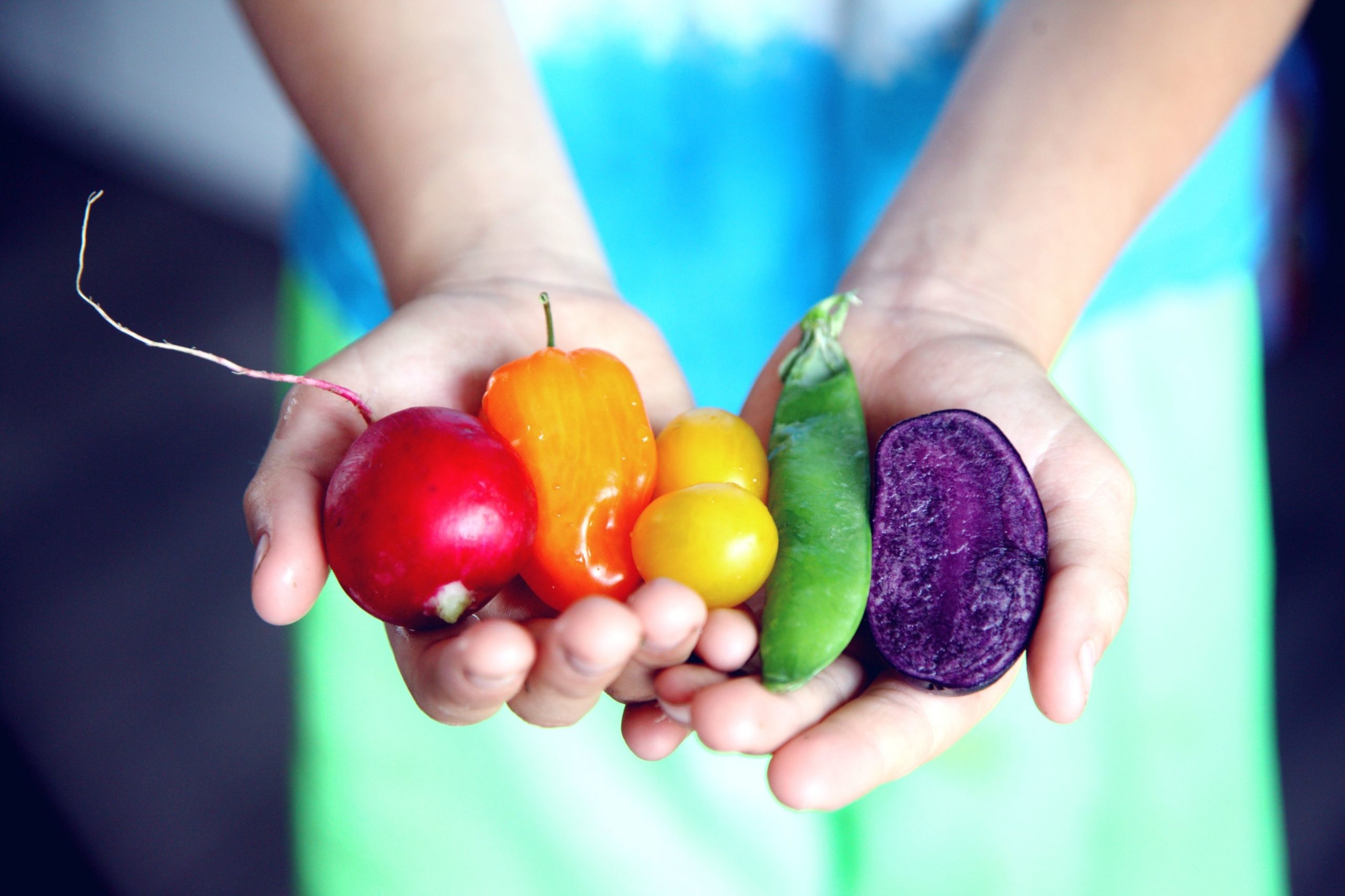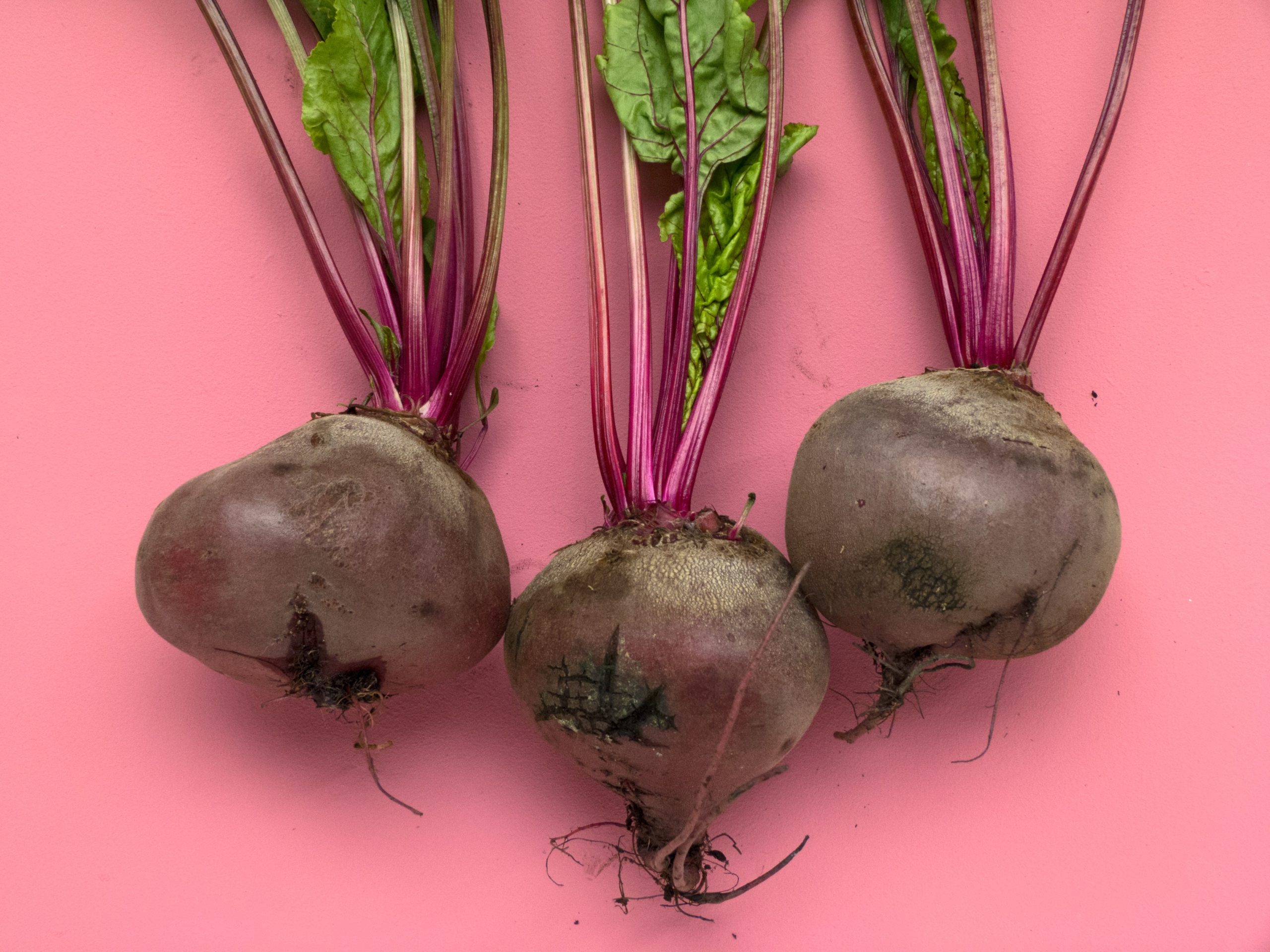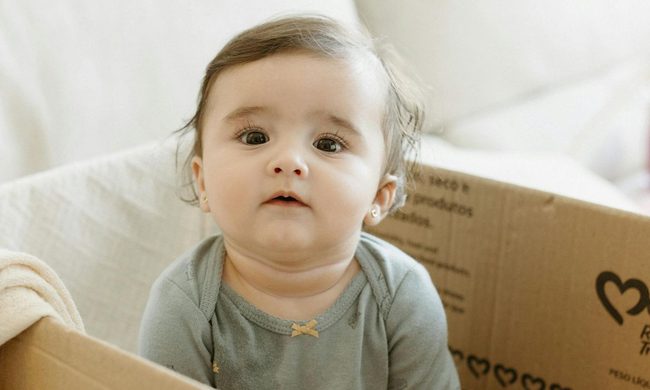As a parent, you couldn’t be more excited — it is time to transition your baby over to solid foods! But what are some of the best foods to begin with? Greens make a great first option. Let your child eat vegetables as these will nourish them with key nutrients. Not only that, if you start them on vegetables early on, the more likely it is that they will enjoy eating these vegetables later on in life, and that is great!
How Old Does Baby Have To Be?
At around 6 months of age, you can begin offering vegetables to your child, as a puree of course. Food repetition is something that is very important. This means that even though they might not like something the first time, you want to keep giving it to them so they can get acclimated to the taste of it. Usually from the age of 6 months to 18 months, children will typically eat just about anything that is given to them. It is around the age of 2 years that they begin to become pickier and more selective about the foods that they want to eat.
Once they are a little older and can easily eat solid foods, you can try feeding them different vegetables in small quantities. A tiny broccoli floret here, a little Brussels sprout there. But before trying anything new, do speak to your child pediatrician in order to make sure that it is indeed safe to give them these new foods.
Broccoli
Teach them early about the tiny trees! Broccoli is a delicious vegetable that has a multitude of vitamins and minerals in it. It contains calcium, fiber, and folate. If they are young, you can easily puree the broccoli in a food processor until it is nice and smooth, and introduce it to your child that way. Alternatively, if your child is a little bit older, a great way to introduce them to this super-vegetable is to cut it up and perhaps put it in some pasta. It is suggested to give babies broccoli at ages 8-10 months old.
Some of the benefits of baby eating broccoli is that it helps to develop their eyesight with beta carotene and vitamin A, and it helps to improve their immunity. It is also rich in antioxidants, which help to fight free radicals in their body.
Winter Squash
Squash, of the winter varieties like butternut or acorn, have great appeal for babies. Not only are they kind of sweet, but they boast a whole host of benefits including folate, B vitamins, and there are even some omega-3 fatty acids in them, as well. A great way to serve squash is to steam it, and depending on your baby’s age, puree it until smooth. They will love the taste of the sweetness of it. It is winter squash in particular that gives these benefits. They are hard-skinned, but when cooked, they are soft and supple on the inside, making them a delicious food for them to enjoy. They are a great source of nutrients and are actually one of the perfect first foods for baby. Another great squash that you can cook up for baby is pumpkin!
Peas
Peas make a wonderful first food to give to your baby. Depending on their age, they make a great treat for your little one. If they are very little, you can quickly and easily puree them and feed it to them that way. If they are a little bit older and can finger feed, peas make the perfect food to munch on, not only because it is packed to the brim with vitamin K (which works with calcium to build healthy bones), but it also can help their fine motor skills as they try to grab the peas and feed themselves. In addition to vitamin K, there is also vitamin A and C, folic acid, and fiber, which will help with their digestive system.
Sweet Potatoes
If there were such a thing as a baby “superfood,” sweet potatoes would come in at first place. They are one of the most nutritious foods that you can feed your baby. They are highly rich in beta carotene, which converts over into vitamin A. Vitamin A is good for healthy vision, their skin protects them from infections, and promotes normal growth. Not to mention babies do rather enjoy the soft pudding-like texture that sweet potatoes have when they are cooked. They also have iron and vitamin C in them. Sweet potatoes definitely come in first here as one of the best foods for your baby to enjoy!
Spinach
Dark and leafy greens are a great food to introduce to your baby. Spinach is one of those great leafy greens. It is jam-packed and full of iron and folate, both of which help the baby to develop and grow. In addition to spinach, you can also add in kale and other greens like collard and chard for them to enjoy. Folate, also known as vitamin B9, helps in the formation of new red blood cells. It helps your baby’s immune system and is great pureed after being cooked.
Beets
Beets are pretty much another baby superfood. They are high in calcium, which helps your children’s bones to form. They also have great levels of potassium, which is actually an electrolyte and helps your child’s muscles to work properly. Beets are also pretty high in vitamin A, which helps with your baby’s immune system, eyesight, and much more. It also helps organs work properly. The only thing about beets is that you need to make sure that you peel them and cook them before giving them to your baby. If you can find smaller ones, they are the best ones.
All of the vegetables that are listed above are great choices to give to your baby. But it would most definitely be prudent to speak with your child’s pediatrician before introducing any new foods. All of them are great in their own respect and have their own wonderful benefits to them.





